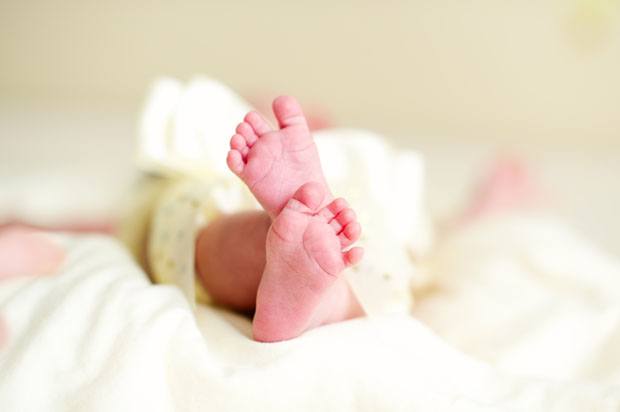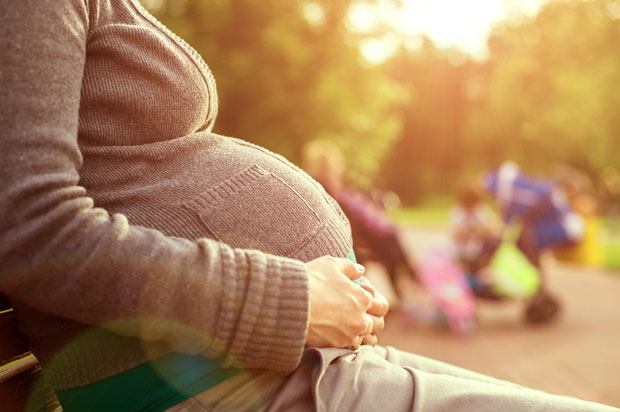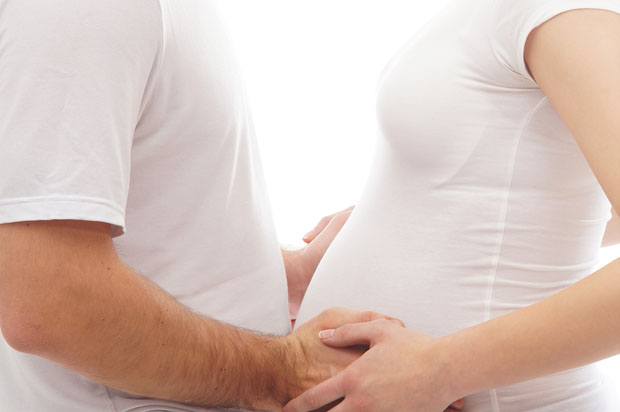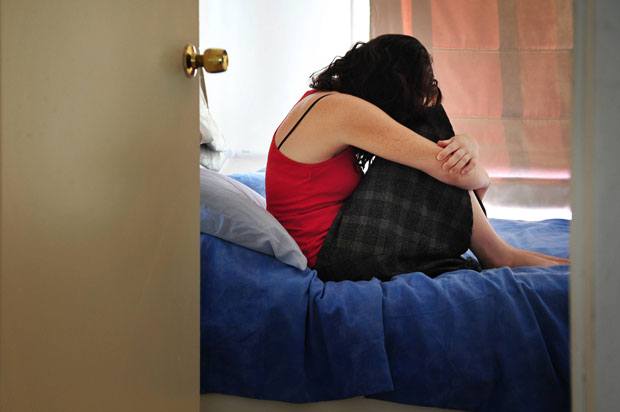Giving birth prematurely
Roughly 10% of all babies in the UK are born prematurely. While this may be a scary experience, most babies go on to lead an active and fulfilling life.

Giving birth prematurely can be shock, but there is still a high chance the baby will survive.
‘Premature’ refers to all babies born before 37 weeks. A normal pregnancy is carried for 40 weeks (referred to as ‘term’).
What puts you at risk?
There are lots of different reasons why women give birth prematurely. Most of them are unavoidable medical reasons, although some are preventable. Read on to see if you can reduce your risk.
- One of the most common reasons for premature births is having twins. Half of women pregnant with twins go into premature labour.
- An infection in the uterus or vagina – usually a bacterial infection which can be treated with a mild course of antibiotics.
- A weakness in the neck of the womb also called ‘cervical incompetence‘. This is when the weight of the baby can cause the cervix to open in the fourth or fifth month of pregnancy.
- Pre-eclampsia – a condition found in pregnant women where high blood pressure and protein in the urine can cause women to go into early labour. Signs to watch out for include: swelling, sudden weight gain, headaches and changes in vision.
- Smoking – studies shows that women who smoke are three times more likely to have low birth weight babies than women who don’t smoke.
- Stress – stressful events such as bereavement can lead to premature birth.
What happens if I go into labour early?
Go straight to your local hospital – if you are less than 35 weeks pregnant you will be given two sets of drugs. The first is to delay labour for a day or two, the second is to help the baby’s lungs mature if an early labour cannot be prevented. If you are more than 35 weeks pregnant you will be allowed to go into labour.
Take extra care
One in eight babies born in the UK spends at least a few days in a neonatal unit to receive extra monitoring, breathing support, or help with jaundice – a common condition which causes a yellow discolouration of the skin but is easily treatable. Neonatal units may be quite a daunting experience as you will be surrounded by tiny babies and incubators but don’t worry if your baby ends up here, it is just part of the process for getting them home safely.
Feeding and home time
The Government is promoting breastfeeding to all new mothers and midwives advise that babies born from 32 weeks are breastfed. This may not be possible in some cases as a baby does not develop its sucking reflexes until around this time. If you can’t breastfeed and your baby won’t take a bottle, a naso-gastric tube will be placed in their nose so food can be taken directly into their stomachs. When your baby has established regular feeds and has gained sufficient weight you will be allowed to take your baby home.
Fighting chance
A recent study of premature births by Epicure revealed that babies born at 24 weeks have a 47% survival rate and babies born at 25 weeks have a 67% chance of survival.
It happened to me: Claire, 25 years-old
I was on the train on the way home from work when I suddenly started experiencing stomach cramps. I was only 32 weeks pregnant so brushed it off and thought that it was either something I’d eaten or the baby kicking.
It wasn’t until a man on the train told me he thought I was going into labour that I started to panic – I rang my boyfriend and he picked me up from the station and drove me to hospital.
After an internal examination I was told I was two centimetres dilated. I was given an injection to try and delay the labour and another set of drugs to help develop the baby’s lungs. After being strapped to a baby heart moniter I listened to the baby’s heartbeat and hoped the contractions would stop and I could go home. No such luck. Apparently if the baby wants to come early it will come early!
After three days of mild contractions – my waters broke and I went into full blown labour. I opted for a natural vaginal birth as this helps with the baby’s breathing more than a caesarean section would. As I was having mild contractions for three days I was exhausted and had all the pain relief on offer- gas and air and an epidural.
Thankfully my baby girl, Emerson Rose, was born at 5.40am at a small but healthy 4lbs. Because she was so small she went into neonatal where she stayed for almost a month until she put on an extra pound.
Now aged two, Emerson is happy, healthy and has even caught up in size – being in the top 5% height ratio for toddlers her age.
Photo of baby’s feet by Shutterstock.
Next Steps
- Chat about this subject on our Discussion Boards.
- Need help but confused where to go locally? Download our StepFinder iPhone app to find local support services quickly.
By Sam Nichols
Updated on 29-Sep-2015
No featured article














